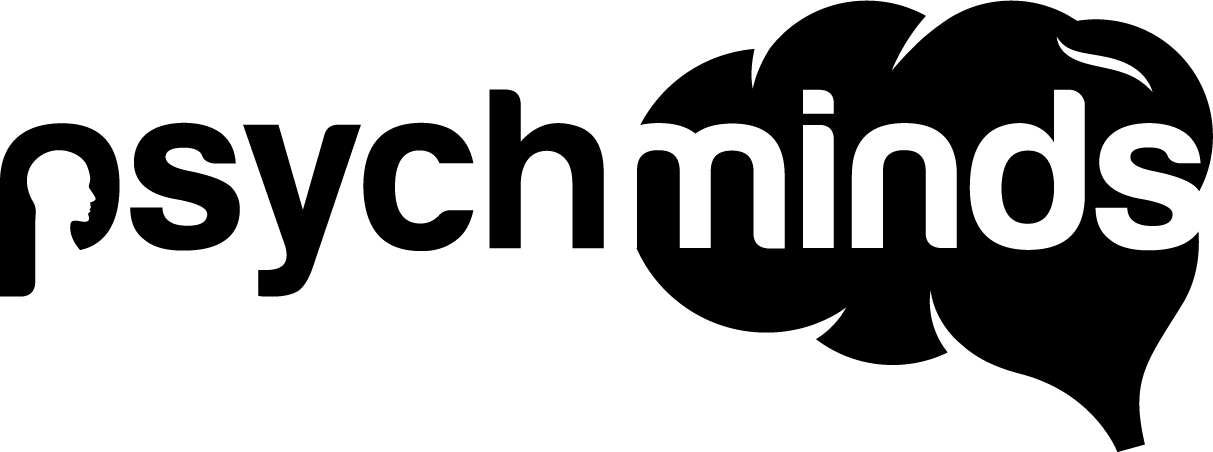Altruism: acting selflessly on behalf of someone else. Does such a phenomenon really exist? Many believe not. There is always some degree of self-interest which motivates behaviour. If that is the case, by definition, the act is no longer selfless.
Theories have been proposed that altruistic acts evolved from our ancestors. Back in the hunter gatherer time period, people had to stick together to survive. They would share food instead of take it all for themselves. They would take care of each other and cooperate. These types of groups would have had better survival rates than greedy groups, where individuals only thought about themselves. Perhaps, however, this only occurred because sharing and taking care of one another ensured group safety. In turn, this provided protection for individuals. If a person didn’t share and got kicked out of the group, he/she would be much less likely to survive than the rest of the group members.
According to Jeff Stevens, PhD, psychology professor at the Max Planck Institute for Human Development in Germany, “True altruism…paying a cost to help another individual and never ever receiving any kind of benefit, is not very common. It wouldn’t make much sense biologically for that to happen.” Nigel Barber, PhD, and Maine-based psychologist, agrees with this viewpoint. He believes that when animals help each other out, there is usually an ulterior motive or hidden benefit for the helper. He gives the example of a mother taking care of her young. Typically she will behave in an altruistic manner, making sure her babies are fed, sheltered and protected before she takes care of herself. Based on an evolutionary analysis, however, there is nothing altruistic in her deeds. Since her babies possess half her genes, she is willing to propagate them by taking care of her young. She wants them to survive and be healthy in order to reproduce and further spread the genes.
Experiments have shown that people who behave altruistically tend to have better mental health than those who do not engage in altruistic acts. When you focus on others, you focus outside of yourself. Many psychological disorders are self-focused by nature such as anxiety and depression. Therefore, by focusing outside yourself, you counteract those forces. Also through helping others, it is said that you can get a “helpers high” which would motivate you to do more altruistic deeds. Helping others can increase your comfort, improve immunity and decrease stress. If you derive feelings of pride, esteem, joy from a benevolent act, you are also benefiting from it. Therefore, without one even knowing it, by helping others you are also helping yourself.
References
Davis, L., J. (n.d.). The Science of Good Deeds. Web MD. Retrieved June 6, 2013, from http://www.webmd.com/balance/features/science-good-deeds
Dingfelder, F., S. (December 2006). Altruism: an accident of nature? American Psychological Association, 37 (11), 44.
Helping Others Helps Your Own Mind. (October 21, 2003). Web MD. Retrieved June 6, 2013, from http://www.webmd.com/balance/news/20031021/helping-others-helps-your-own-mind
Hitti, M. (December 7, 2006). Good Deeds in the Genes? Web MD. Retrieved June 6, 2013, from http://www.webmd.com/mental-health/news/20061207/good-deeds-in-the-genes
Image credit: Heather. (October 7, 2010). Hold My Hand. Retrieved June 7, 2013, from http://heather-thegoodlife.blogspot.ae/2010/10/hold-my-hand.html
















